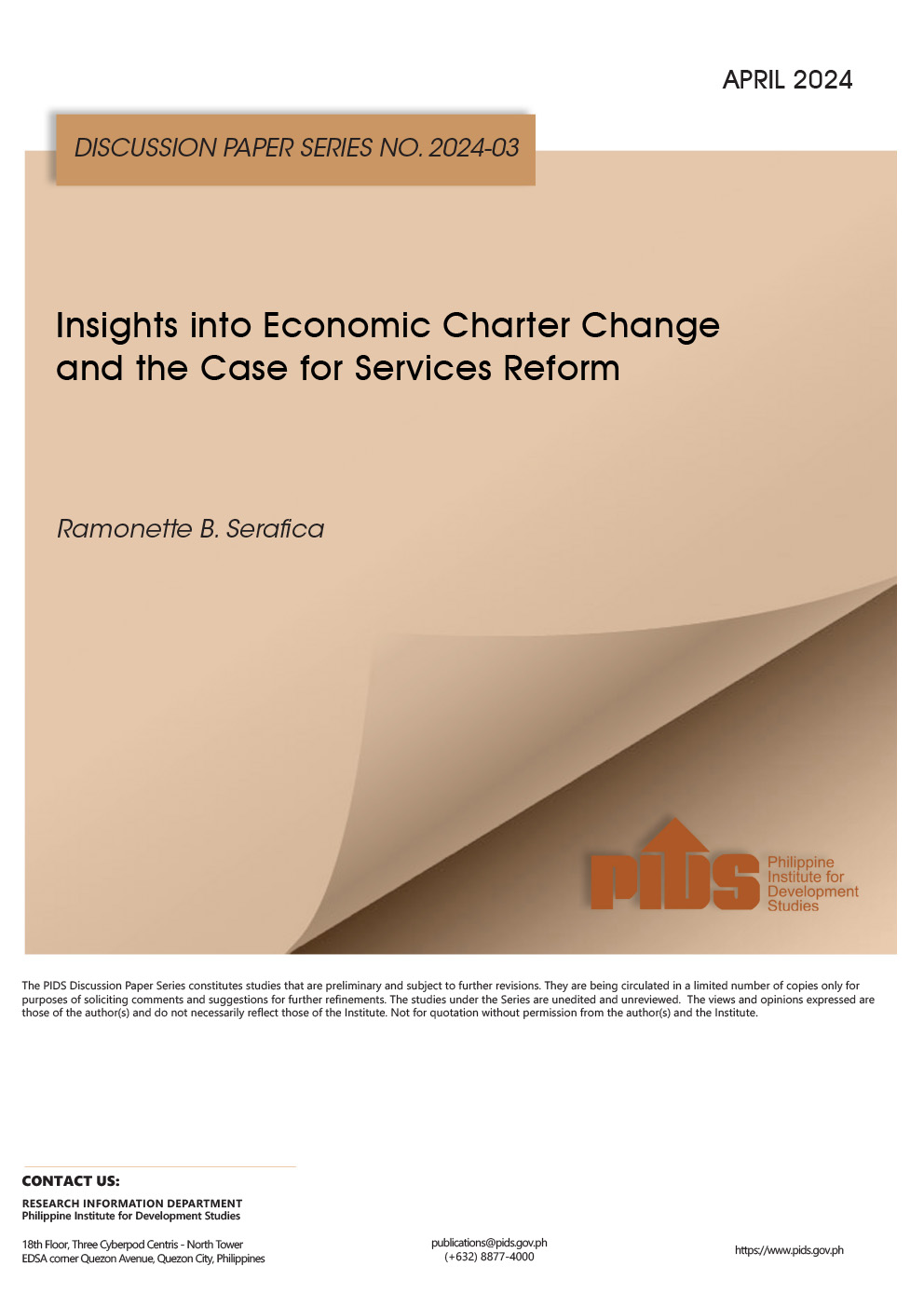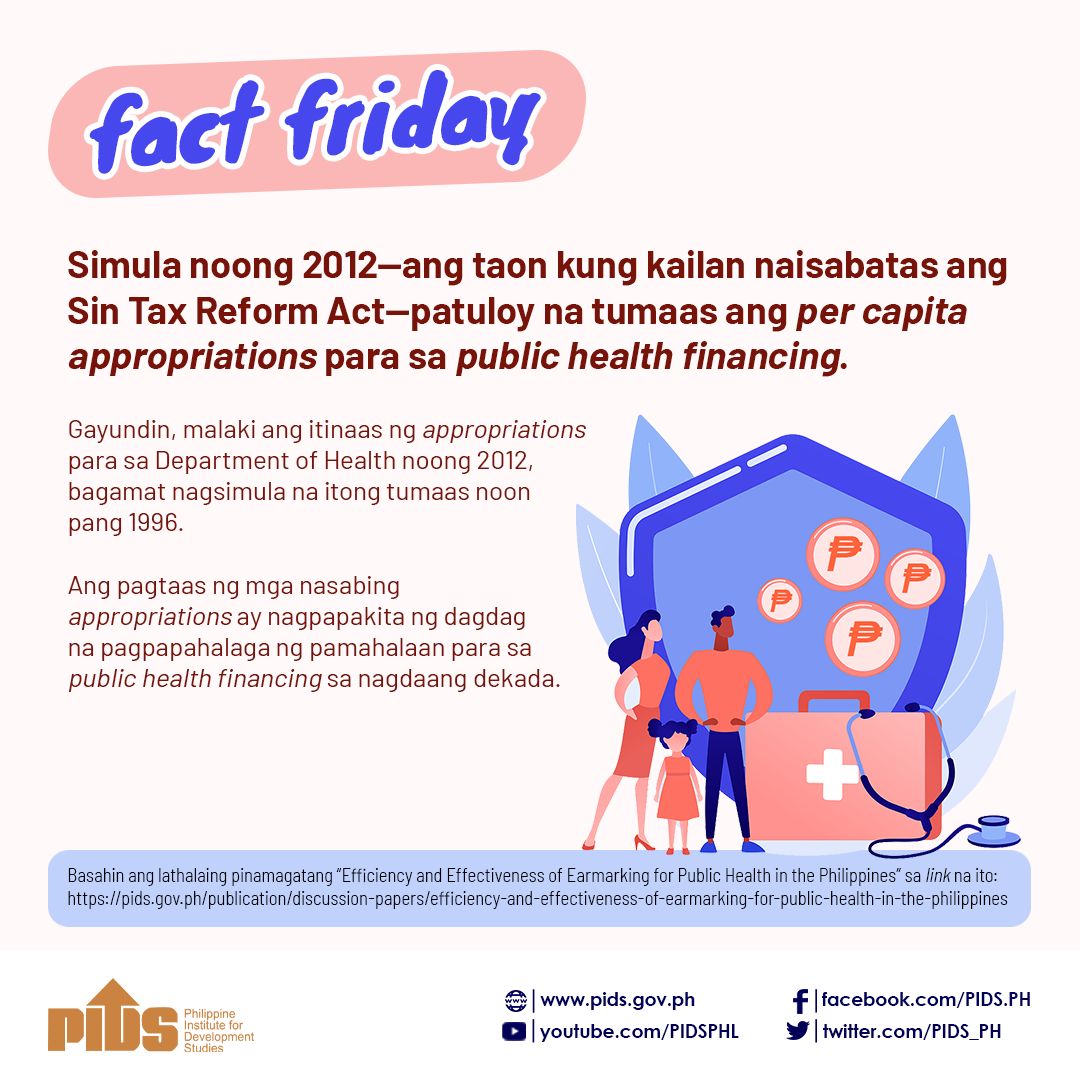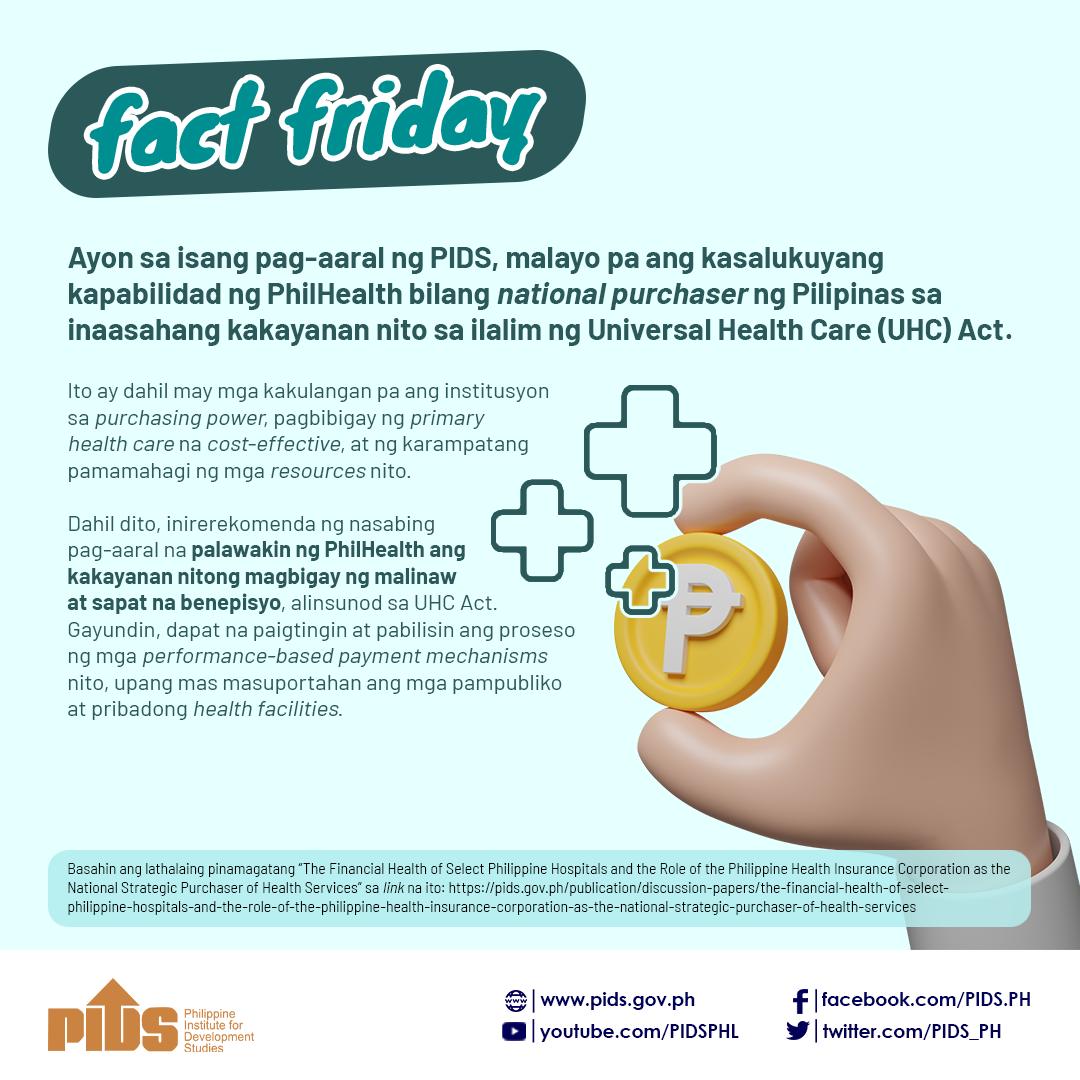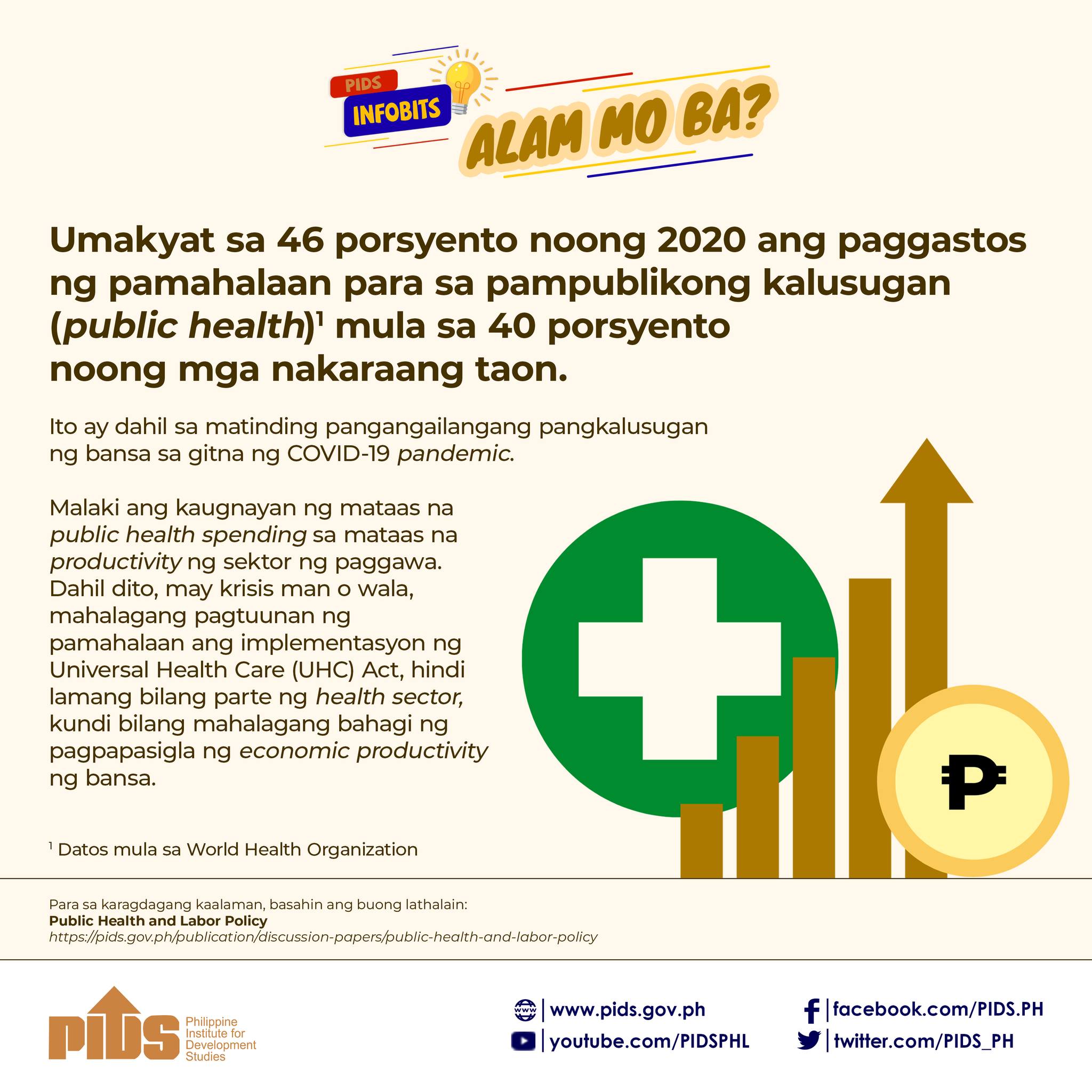Marikina City Rep. Romero Federico Quimbo is pushing for the declaration of large-scale smuggling of agricultural products as an act of economic sabotage punishable by hefty fines and up to two decades in jail.
Quimbo, chairman of the House of Representatives Ways and Means committee, filed House Bill 6259 in response to reports showing that agricultural smuggling has led to multibillion-peso revenue losses for the government and impoverishment of workers in the agricultural sector.
The measure, otherwise known as the proposed Anti-Agricultural Smuggling Act of 2015, expands the definition of economic sabotage to include agricultural smuggling of produce such as sugar, corn, pork, poultry, garlic, onion, carrots, fish, and cruciferous vegetables, in their raw state, or which have undergone the simple processes of preparation or preservation for the market, with a minimum amount of P1 million, or rice with a minimum amount of P10 million, as valued by the Bureau of Customs (BOC).
Under the bill, the penalty of life imprisonment and a fine of twice the fair value of the smuggled agricultural product and the aggregate amount of the taxes, duties and other charges avoided, will be imposed on any person involved in large-scale agricultural smuggling.
The penalty of 17 to 20 years of imprisonment, and a fine of twice the fair value of the smuggled agricultural products and the aggregate amount of taxes, duties and other charges avoided shall be imposed on the officers of dummy corporations and other entities who knowingly sell, lend, lease, assign, consent or allow the unauthorized use of their import permits for purposes of smuggling.
Meanwhile, a jail time ranging from 14 to 17 years and a fine equal to the fair value of the smuggled agricultural product and the aggregate amount of taxes, duties and other charges avoided shall be imposed on the registered owner and its lessee of boats, vessels, trucks, vans and other means of transportation used in the transport of smuggled agricultural products subject to economic sabotage. The same penalty awaits the owner and lessee of a warehouse or property, who knowingly stores the smuggled agricultural product.
The same penalty shall also be imposed on the registered owner, lessee, president or chief executive officer of the private port, fish port, fish landing sites, resorts, airports, who knowingly allow agricultural smuggling.
If the offender is a government official or employee, the penalty shall be the maximum as hereinabove prescribed and the offender shall suffer an additional penalty of perpetual disqualification from public office, to vote and to participate in any public election.
Citing a report by the Samahang Industriya ng Agrikultura (SINAG), Quimbo said that from 2013 to 2014, the government incurred a total of P64 billion foregone revenue due to the widespread smuggling of agricultural products. The amount, he said, represents a P32-billion loss per year, which is equivalent to the Department of Agriculture's budget for 2016 and excess funds for the rehabilitation of the agriculture sector.
A separate report by Philippine Institute for Development Studies senior research fellow Dr. Jose Ramon Albert noted that poverty statistics from 1985 to 2009 show most of those who are classified as poor have agriculture-related jobs.
While the average share of agricultural employment to the total labor force is one-third or 36 percent over the past two decades, Quimbo noted that agricultural workers receive the lowest average daily basic wage and salary compared to those in non-agriculture industries.
"This is appalling considering the agriculture industry is a significant driver of our country towards food security. This condition is aggravated by the occurrence of agricultural smuggling in that it takes away what little income that workers in the agricultural sector may have, as they have to compete with the prices that the agricultural smugglers offer to the market, thereby hampering this sector’s growth and sustainability,” he said in the bill's explanatory note.
Quimbo said he is hopeful his bill will complement the passage of the proposed Customs Modernization and Tariff Act (CMTA) pending in Congress by providing for stiffer penalties for agricultural smuggling.
A counterpart bill to HB 6259 has been filed in the Senate by Sen. Joseph Victor Ejercito. –
Solon says large-scale agri smuggling an act of economic sabotage











